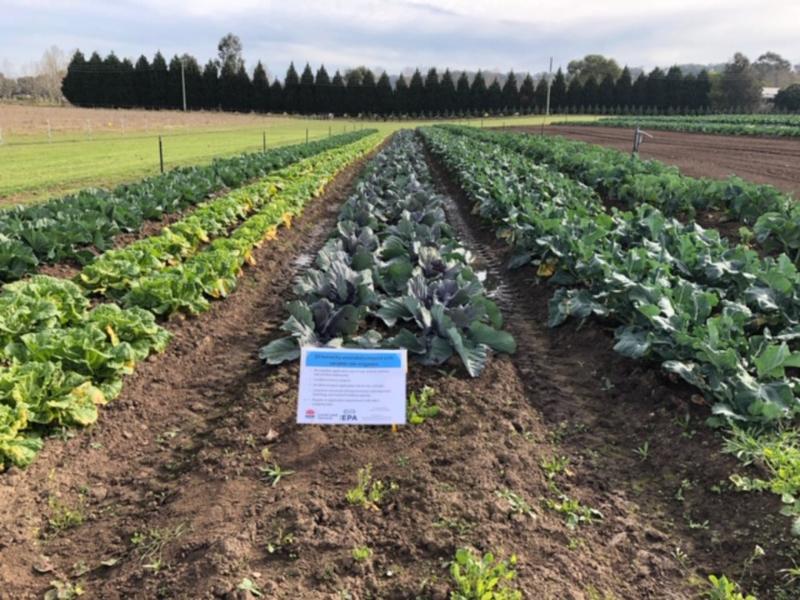WITH its powerful combination of nutrients and organic matter, compost has many benefits in agricultural systems. By increasing soil organic matter, it increases the water-holding potential of soils, stabilises pH and increases biological activity – which ensures use of nutrients available in the soil or applied as fertilisers. Composts also contain many useful trace elements.
Australian consultancy firm MRA, supported by the NSW Environment Protection Authority, is demonstrating the benefits of compost in agricultural systems in some surprising ways.
How to improve soils with compost pellets
Pelletised composts are ideal for broadacre and intensive agriculture where the cost of transport and volumes required prohibit the widespread use of bulk loose compost products. The pelletised products have the advantage of being comparatively dense and dry, so flow more readily and can be dropped down the seeder with the seed.
Compost pellets also be tailor-made for particular applications based on crop requirements or individual specifications, with additional material blended in, such as lime, rock dust, microbial inoculants, minerals, trace elements and inorganic fertilisers.
MRA is conducting a trial of pelletised composts near Cowra in the NSW Central Tablelands and invites farmers to attend the upcoming workshops in September.
Extending soil moisture
In droughts like this it would be great if soil moisture could be stretched that little bit further. That’s why MRA is running a trial in vegetable production in the Sydney Basin to test the different rates of compost to soil and its capacity to hold water. The trial aims to help farmers become more water efficient with the application of compost pellets.
 20 tonne variable compost at harvest.
20 tonne variable compost at harvest.
Soil moisture is being monitored on the plots with different rates of compost. Using readily available and affordable technology daily moisture data is shared from three different soil depths (surface, 15cm and 30cm) every 15 minutes via the internet. This means growers can turn irrigation on and off in real time, no matter where they are.
The trial demonstrates that growers can reduce or increase irrigation based on the reading from the soil, delivering optimal growing conditions. Farm tours will be held in August and again in November. Anyone is welcome to attend and join the discussions on trial results, water monitoring technology and the cost benefits for farmers.
Affordable horse bedding
Another novel use of composts is as bedding for horses. It is becoming difficult and expensive to obtain the wood shavings traditionally used in stables and compost is a readily available and affordable alternative. MRA is looking to establish demonstration sites and will be holding workshops in the NSW Hunter region to show breeders and managers the value of compost as horse bedding.
Earning carbon credits
The new ‘measurement of soil carbon sequestration in agricultural systems’ method (soil carbon method) under the Emissions Reduction Fund (ERF) means farmers using compost to improve soil fertility can earn carbon credits which they can sell for cash.
Want to know more? Join MRA's free webinars:
- Benefits of compost for farms
- Soil carbon sequestration and the ERF – how does it work?
- Pathways to the ERF – how to get involved
- Ongoing management and reporting – what is needed
- Case studies and scenario modelling
- Other benefits, including economic, environmental and social
Take home tips on compost use in agriculture:
- Pelletised compost can be applied through an air seeder when sowing grains.
- A potential revenue source through carbon trading under the Emissions Reduction Fund.
- Cost-effective horse bedding.
For more information on the project and the workshops and webinars please contact Virginia Brunton, 0438496834 or [email protected]